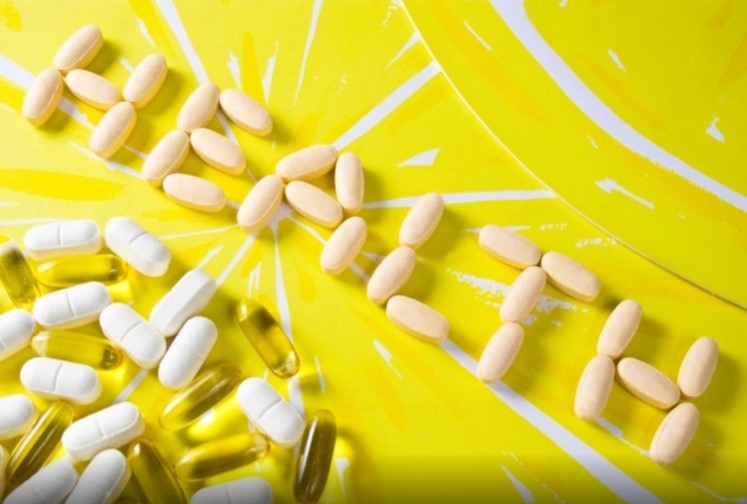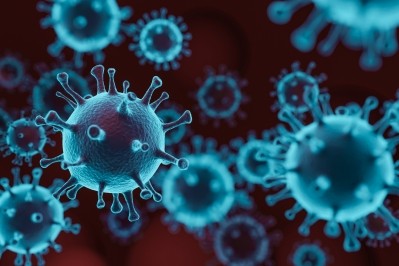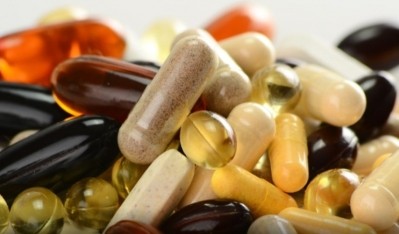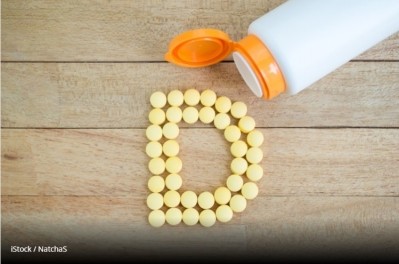Supplement route for COVID-19 especially valuable for high-risk obese, review thinks

In a review piece, a team from Reven Pharmaceuticals and Ares Pharmaceuticals think the intake of these nutrients may reduce pro-inflammatory protein levels and side effects in affected patients.
The team also go as far as to suggest specific nutrients may exhibit protective effects against infection, citing a number of in vitro and in silico studies.
“At present, there appears to be no effective standard therapy for COVID-19,” says Reven Pharmaceuticals.
“Supportive care interventions for reducing the severity of symptoms along with participation in clinical trials of investigational treatments are the mainstay of contemporary COVID-19 management.
“In obese patients, the increase in incidence of treatment failure and risk of complications of COVID-19 has been well documented. Micronutrients and vitamins may boost the host immunity against viral infections, including COVID-19.”
Supplemental use has been touted as an effective approach to combat the virus’ effects as vaccine solutions continue to make progress in the developmental and regulatory stages.
Governmental efforts to make vitamin D available to populations appear to suggest authorities remain convinced of its effectiveness against the virus.
This is despite critics, who remain sceptical of vitamin, as well as mineral supplementation as an approach to achieve better health outcomes.
Patient-tailored approach
Along with cooperation from Firat University in Turkey. The team advocate for COVID-19 patient-tailored dietary programs to ensure a balanced intake of proteins, calories, and micronutrients.
According to the team, this intake may reduce the levels of pro-inflammatory cytokines and their side effects in COVID-19 patients.
Other fish oil and vegetable oils, that may prove useful in supporting immune defence and the treatment of inflammatory diseases caused by both viruses and bacteria.
Studies have also identified vitamins A, pyridoxine, cobalamin, folate, C, D, and E as well as trace minerals such as Zn, Cu, Se, and Fe as playing a crucial role in maintaining and supporting the immune system.
The review takes a particular interest in obesity as a risk factor for metabolic diseases as well as infections, attributing the consumption of “poor quality” foods often results in a nutritional deficiency that may increase the severity of COVID-19.
Along with the rising body fat content, excessive secretions are thought to compromise the immune system responsiveness to infections and cause systemic inflammation.
Additionally, levels of free fatty acid (FFA), and lipopolysaccharide (LPS) released by gut bacteria increase during obesity which triggers activation of pro-inflammatory substances and pathways that promote insulin resistance.
Vitamin D role
While vitamin D has been making the headlines, the review also highlights the stable of vitamins that could support immunity, epithelial barriers, cellular immunity, and antibody production.
Enzymes that help metabolise vitamin D appear to be affected by high fat diet-induced obesity, partially explaining the mechanisms of the modified vitamin D endocrine system related to obesity.
In the review, which retrieved 1,137 citations and featured 11 placebo-controlled studies of 5,660 patients, vitamin D showed a protective effect against respiratory tract infection, with daily dosing appearing to be the most effective strategy.
In contrast, another study highlighted the relation between COVID-19 and serum vitamin D levels as not significant.
The team also looked at the potential of flavonoids and lactoferrin as nutrients with a possible dietary role to play.
In suggesting a mechanism of action for flavonoids, the team thought the nutrient could inhibit inflammatory cytokine production, leptin secretion, insulin resistance, and improve immune responses.
Polyphenols inhibit NF-κB and activator protein-1 activates nuclear factor erythroid 2–related factor 2 (Nrf2) and improves lipid profiles via enhancing HDL-cholesterol, while the reduction in LDL-cholesterol.
“The inhibition of inflammatory cytokines by flavonoids in the context of pulmonary infection may prevent the development of or reduce the negative consequences of the cytokine storm in COVID-19,” the team writes.
“Both in vitro and in vivo studies indicate that flavonoids exhibit antiviral activity against respiratory tract viruses including SARS-CoV and influenza.
“In addition, curcumin (219, 220) indomethacin and resveratrol have been proposed as potential supportive care supplements against COVID-19.”
Source: Frontiers in Nutrition
Published online: doi.org/10.3389/fnut.2020.580504
“Clinical Impact Potential of Supplemental Nutrients as Adjuncts of Therapy in High-Risk COVID-19 for Obese Patients.”
Authors: Emre Sahin et al.















